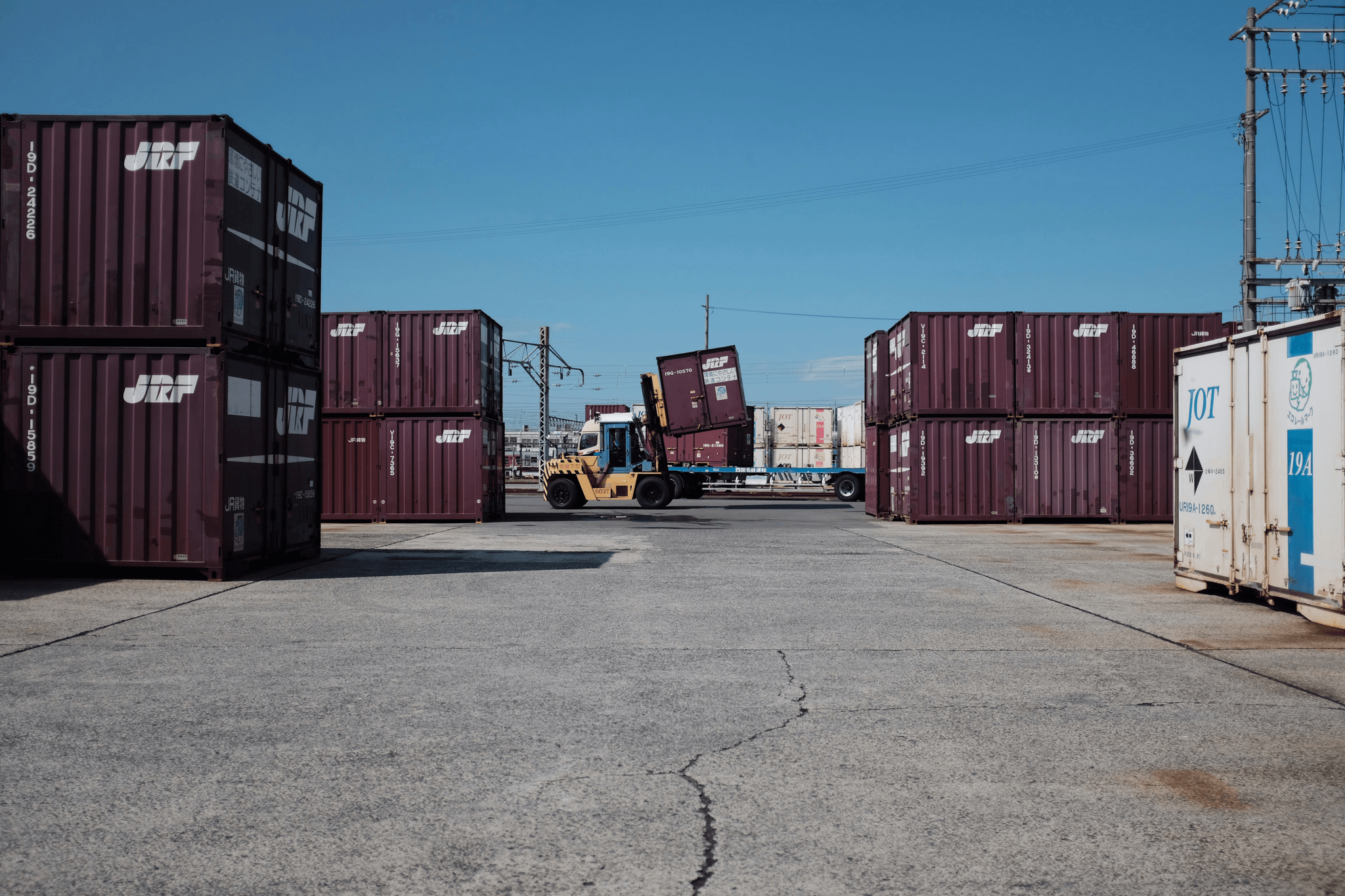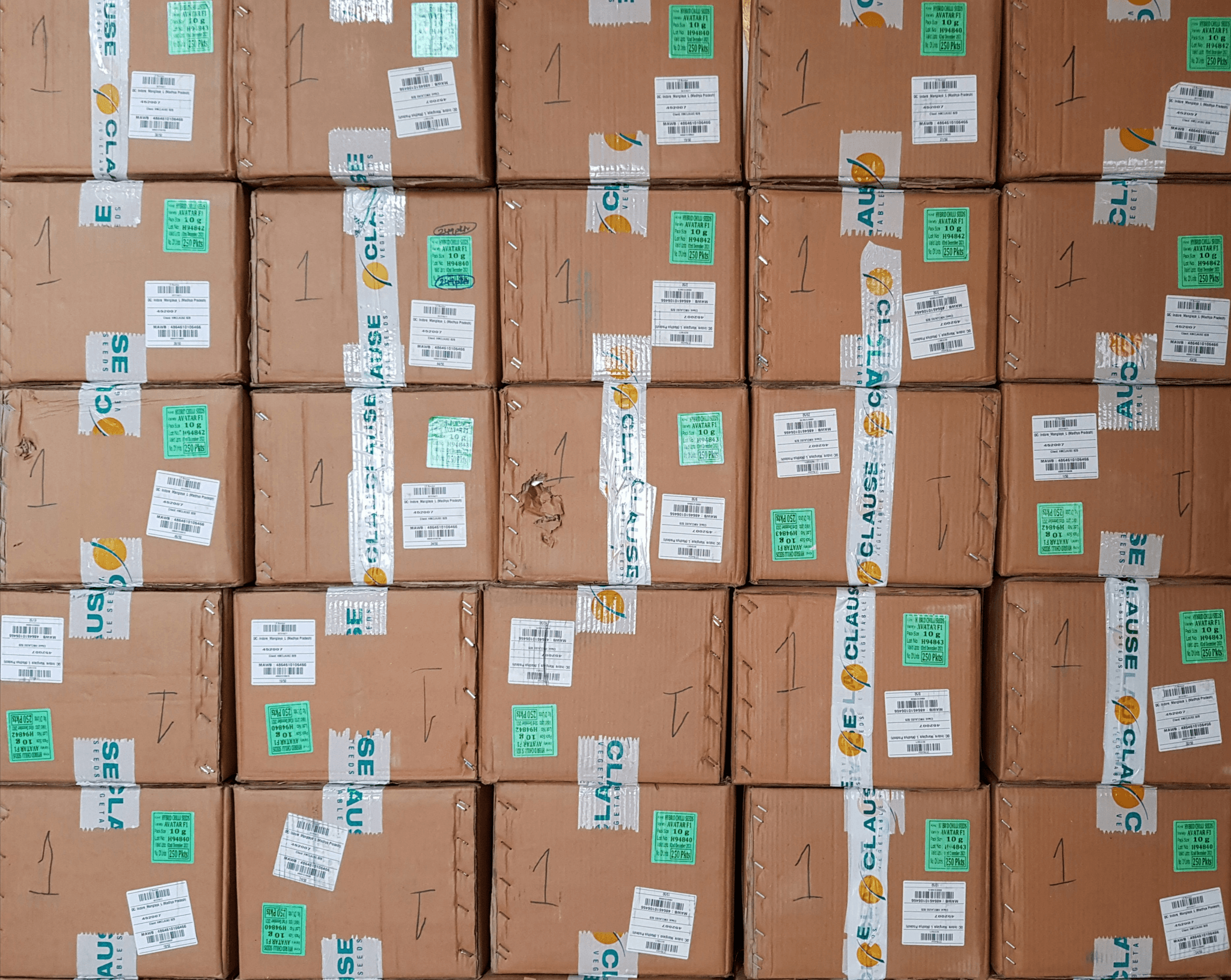Introduction
In the world of international trade, understanding the difference between DDP vs FOB is crucial for importers and exporters. These shipping terms can have a significant impact on the cost, risk, and control of your business operations. It's important to weigh the pros and cons of each option carefully before making a decision that best suits your company's needs.
Understanding DDP and FOB
DDP (Delivered Duty Paid) means that the seller is responsible for delivering goods to a named place in the buyer's country, including all costs and risks involved in bringing the goods to that location. On the other hand, FOB (Free On Board) means that the seller is responsible for delivering goods to a named port of shipment and loading them onto a vessel designated by the buyer.
Pros and Cons of DDP
The advantage of DDP is that it provides buyers with greater convenience and less risk as all costs are included in the price. However, it may lead to higher prices due to increased responsibilities for sellers.
Pros and Cons of FOB
FOB offers sellers more control over shipping arrangements and potentially lower prices for buyers due to reduced responsibilities on their end. However, buyers may face higher risks and additional costs associated with transportation.
Factors to Consider When Choosing Between DDP and FOB
When deciding between DDP vs FOB, businesses need to consider various factors such as cost considerations, risk management, legal implications, flexibility, and control over their shipments.
Making the Best Decision for Your Business
Ultimately, choosing between DDP vs FOB depends on understanding your business needs thoroughly. It's vital to consult with industry experts like SSOURCING INC., analyze case studies of successful implementations, and implement your choice effectively for optimal results.
DDP vs FOB: What Do They Mean?

Defining DDP and FOB
DDP, or Delivered Duty Paid, is a shipping agreement where the seller takes responsibility for delivering the goods to a specified location, covering all costs and risks until the goods are delivered. On the other hand, FOB, or Free on Board, means that the seller is responsible for delivering the goods to a specified port and loading them onto a vessel.
Key Differences in Shipping Terms
The key difference between DDP and FOB lies in the point of transfer of responsibility and risk. With DDP, this occurs when the goods are delivered to the buyer's premises; with FOB, it happens once the goods are loaded onto the vessel at the specified port. This impacts who bears costs and risks during transportation.
Implications for Importers and Exporters
For importers, choosing between DDP vs FOB impacts their financial liability and risk exposure during transportation. With DDP, importers have more cost predictability but less control over logistics; with FOB, they have more control but also more financial risk. Exporters need to consider these implications when negotiating terms with their buyers.
Pros and Cons of DDP

Advantages of DDP Shipping
When it comes to DDP, one of the key advantages is that the seller takes on all the responsibility and risk of transporting goods to the buyer's location. This can be a huge benefit for importers, as it eliminates the hassle and uncertainty of arranging transportation themselves. Additionally, DDP allows for better cost predictability, as all expenses are included in the price upfront.
Disadvantages of DDP Shipping
On the flip side, DDP can be more costly for sellers, as they are responsible for all shipping expenses and potential import duties or taxes. This can eat into profit margins and make it less appealing for some businesses. Additionally, navigating international shipping regulations and customs clearance processes can be complex and time-consuming.
Case Studies of Successful DDP Implementations
One successful case study of a company implementing DDP shipping is SSOURCING INC., which saw a significant improvement in customer satisfaction and loyalty due to the seamless delivery process. By taking on full responsibility for shipping and handling all customs-related matters, SSOURCING INC. was able to provide a hassle-free experience for their clients, leading to repeat business and positive word-of-mouth referrals.
Pros and Cons of FOB

Advantages of FOB Shipping
When it comes to FOB shipping, one of the key advantages is that the buyer has more control over the shipment once it leaves the seller's facility. This means that SSOURCING INC. can choose their preferred carrier and negotiate better rates, ultimately saving on shipping costs. Additionally, with FOB shipping, there is greater flexibility in choosing the most efficient route and mode of transportation for goods.
Disadvantages of FOB Shipping
On the flip side, one major disadvantage of FOB shipping is that SSOURCING INC. takes on more responsibility and risk once the goods are in transit. Any delays or damages during transportation become their responsibility, which could lead to additional costs and potential loss of customer satisfaction. Moreover, coordinating logistics and dealing with customs clearance at destination ports can be complex and time-consuming.
Case Studies of Successful FOB Implementations
For example, a case study from a similar industry showed that by using FOB shipping terms, a company was able to negotiate better freight rates with carriers due to their large shipment volumes. This resulted in significant cost savings for their business over time while maintaining control over their supply chain process.
By carefully considering the advantages and disadvantages of both DDP and FOB shipping terms, SSOURCING INC. can make an informed decision that aligns with their business needs and goals while minimizing risks associated with international trade.
Factors to Consider When Choosing Between DDP and FOB

Cost Considerations
When deciding between DDP and FOB, cost considerations play a crucial role. With DDP, the seller takes on more responsibility for shipping costs, which can result in higher overall expenses for the buyer. On the other hand, FOB places more of the burden on the buyer, potentially leading to lower costs but also requiring more logistical management.
Risk Management
In terms of risk management, DDP provides greater security for the buyer as the seller handles all aspects of shipping and delivery. However, this can also lead to less control over the process. FOB allows for more control over shipment and delivery but places a larger risk on the buyer if anything goes wrong during transit.
Legal Implications
Legal implications are another key factor to consider when choosing between DDP and FOB. With DDP, SSOURCING INC. may need to navigate complex international trade laws and regulations, which can add an extra layer of complexity to their operations. With FOB, there may be fewer legal hurdles to overcome since much of the responsibility falls on the buyer.
Flexibility and Control
Flexibility and control are essential considerations when deciding between DDP and FOB. If SSOURCING INC. values having more control over their shipments and delivery processes, then FOB may be the better option for them. However, if they prioritize flexibility in their supply chain operations, then DDP could be a more suitable choice.
Making the Best Decision for Your Business

Identifying Your Business Needs
Before making a decision between DDP vs FOB, it's crucial to identify your business needs. Consider factors such as the type of goods you're shipping, your budget, and your level of control over the shipment process. SSOURCING INC. should assess whether they prioritize cost-efficiency or risk management in their shipping operations.
Consulting with Industry Experts
Consulting with industry experts can provide valuable insights into the best shipping terms for your specific business needs. Seek advice from logistics professionals who have experience with DDP vs FOB shipments. By doing so, SSOURCING INC. can gain a deeper understanding of the implications and potential challenges associated with each option.
Case Studies of Successful Decision-making
Studying case studies of successful decision-making in choosing between DDP and FOB can offer practical examples of how other businesses have navigated similar challenges. Analyzing real-world scenarios can help SSOURCING INC. gain a better understanding of how different shipping terms have been successfully implemented in various industries.
Implementing Your Choice Effectively
Once you've made a decision between DDP and FOB, it's essential to implement your choice effectively to ensure smooth and efficient shipping operations for SSOURCING INC.. This may involve establishing clear communication channels with suppliers, understanding legal obligations, and having contingency plans in place for any unforeseen circumstances that may arise during transit.
Conclusion

When it comes to choosing the right shipping term for your business, understanding the differences between DDP and FOB is crucial. By carefully considering the pros and cons of each option, importers and exporters can make informed decisions that align with their business needs and goals. With the help of industry experts, such as SSOURCING INC., businesses can ensure successful implementation of DDP or FOB shipping terms.
Choosing the Right Shipping Term for Your Business
In the battle of DDP vs FOB, it's essential to weigh the advantages and disadvantages of each option against your specific business requirements. Whether you prioritize cost considerations, risk management, legal implications, or flexibility and control, making a well-informed decision will set your business up for success in international trade.
Key Takeaways for Importers and Exporters
Importers and exporters should remember that DDP places more responsibility on the seller, while FOB gives more control to the buyer. Understanding these key differences will help businesses navigate their global supply chain with confidence.
Ensuring Success with DDP or FOB Implementation
Successful implementation of DDP or FOB requires careful planning and execution. By identifying your business needs, consulting with industry experts like SSOURCING INC., and learning from case studies of successful decision-making, you can effectively implement your choice and optimize your international trade operations.

